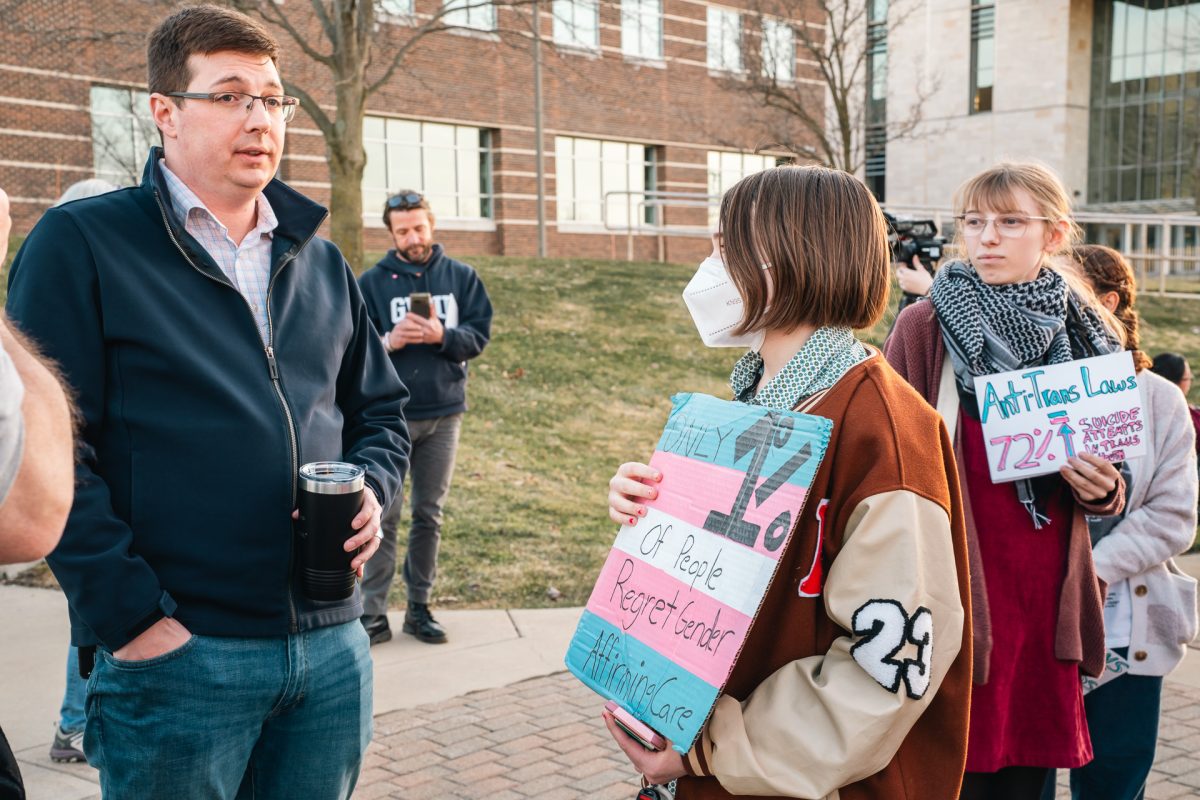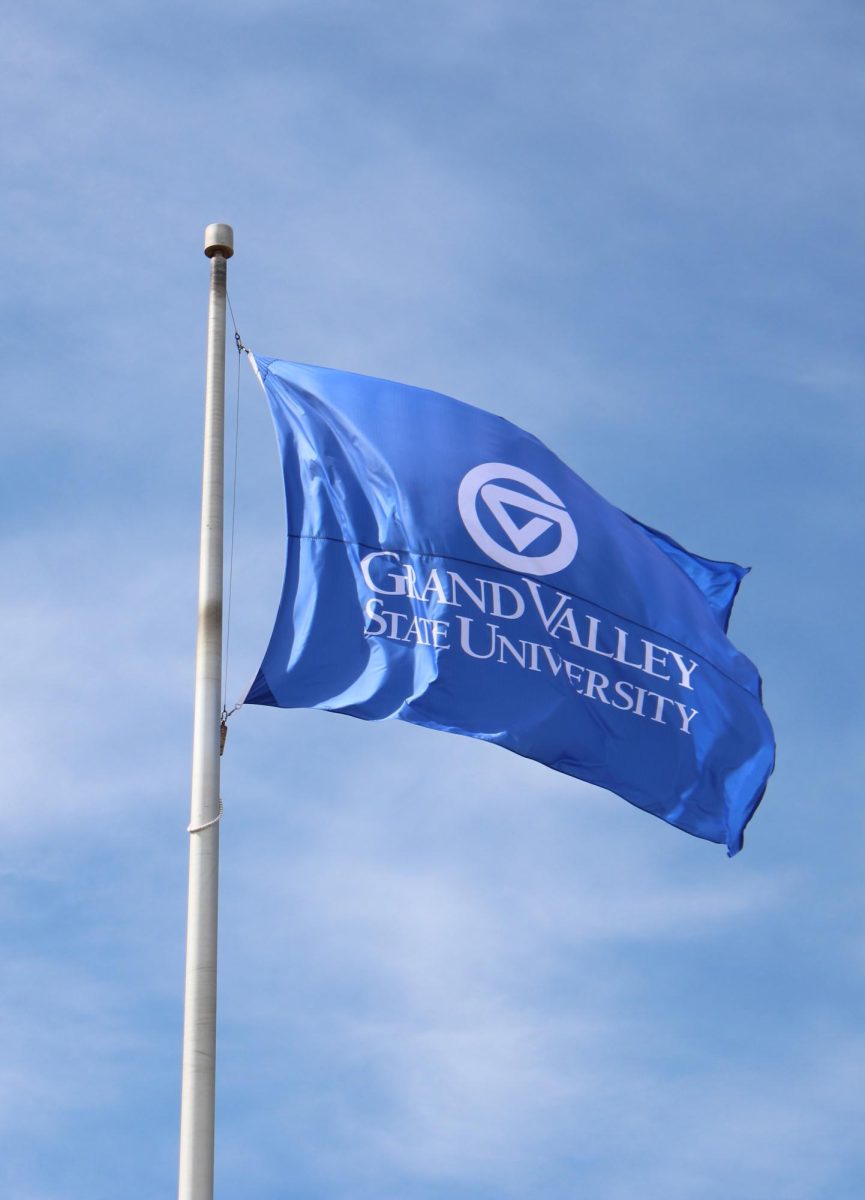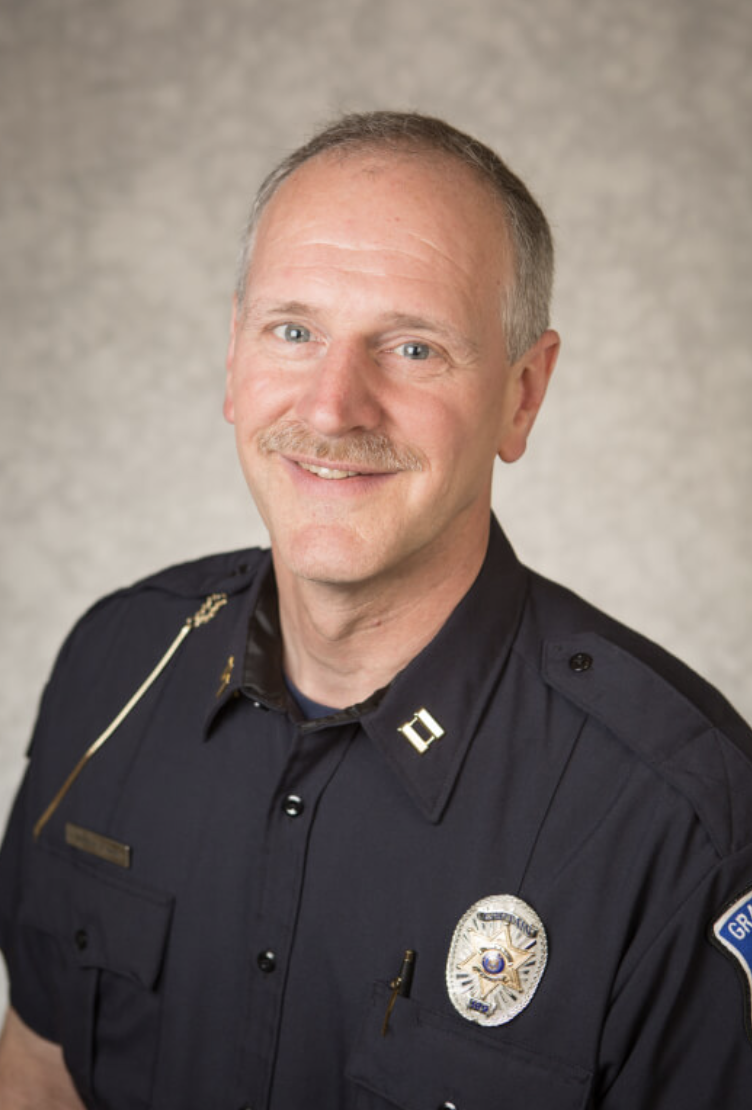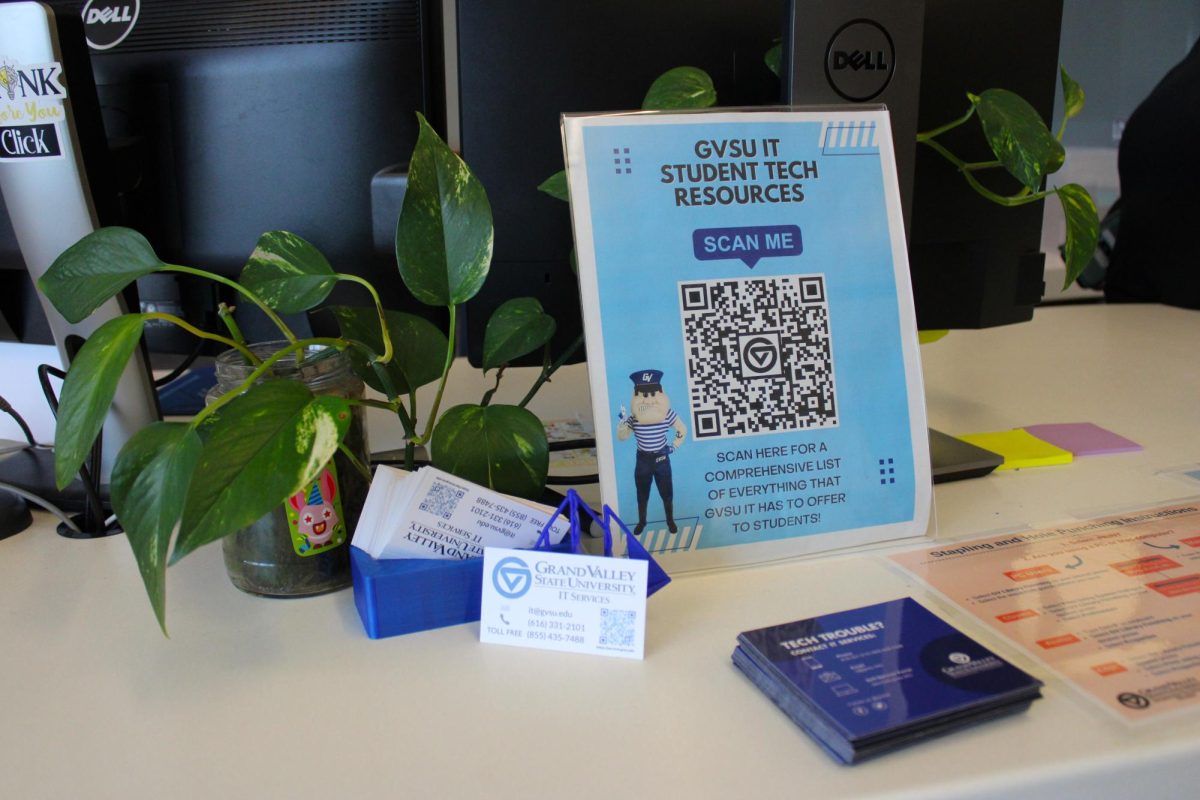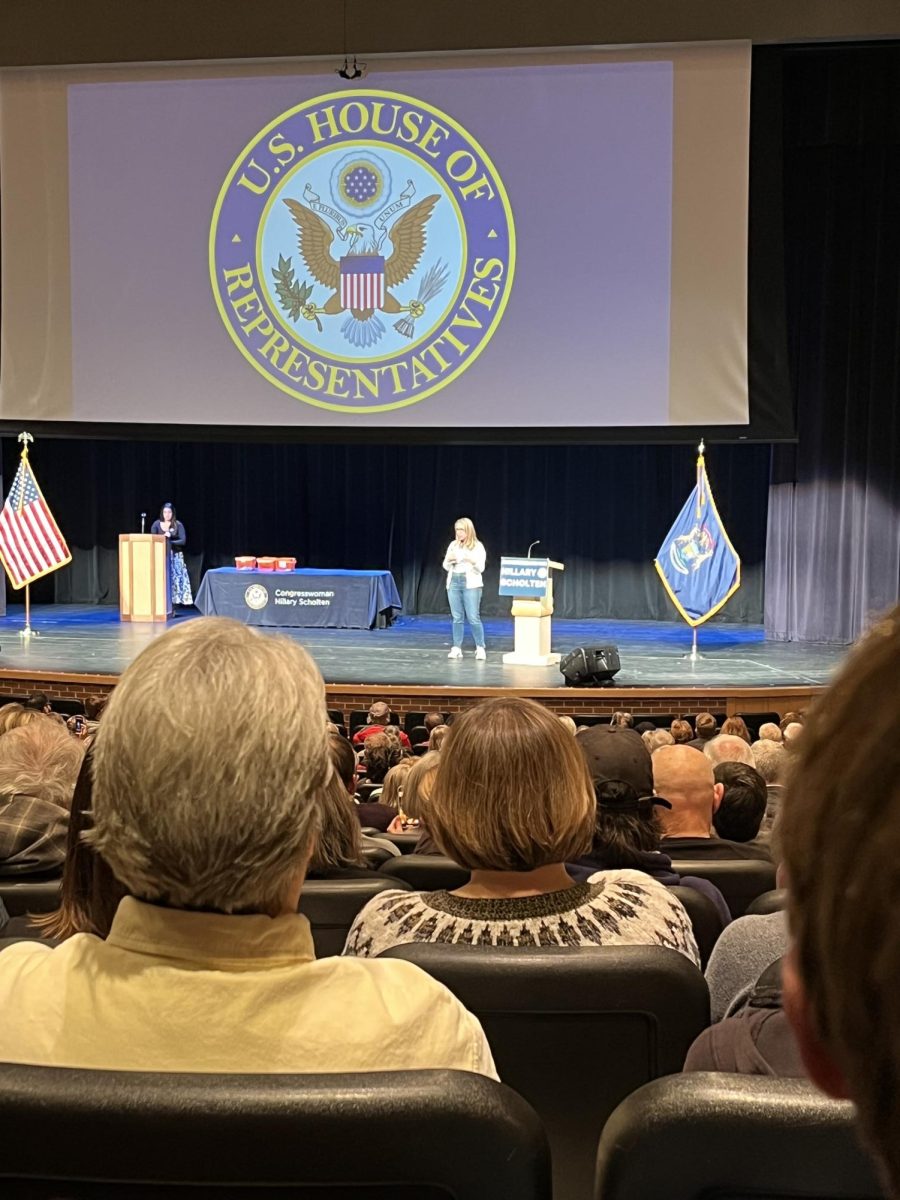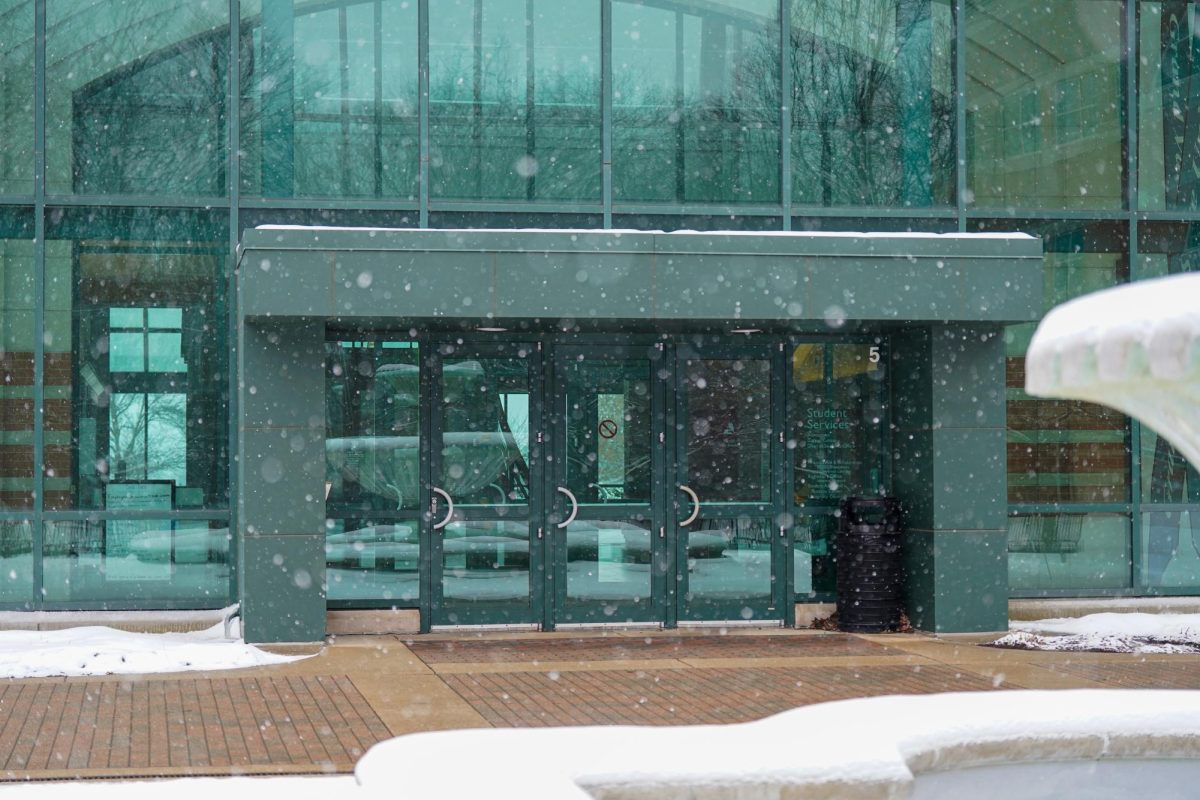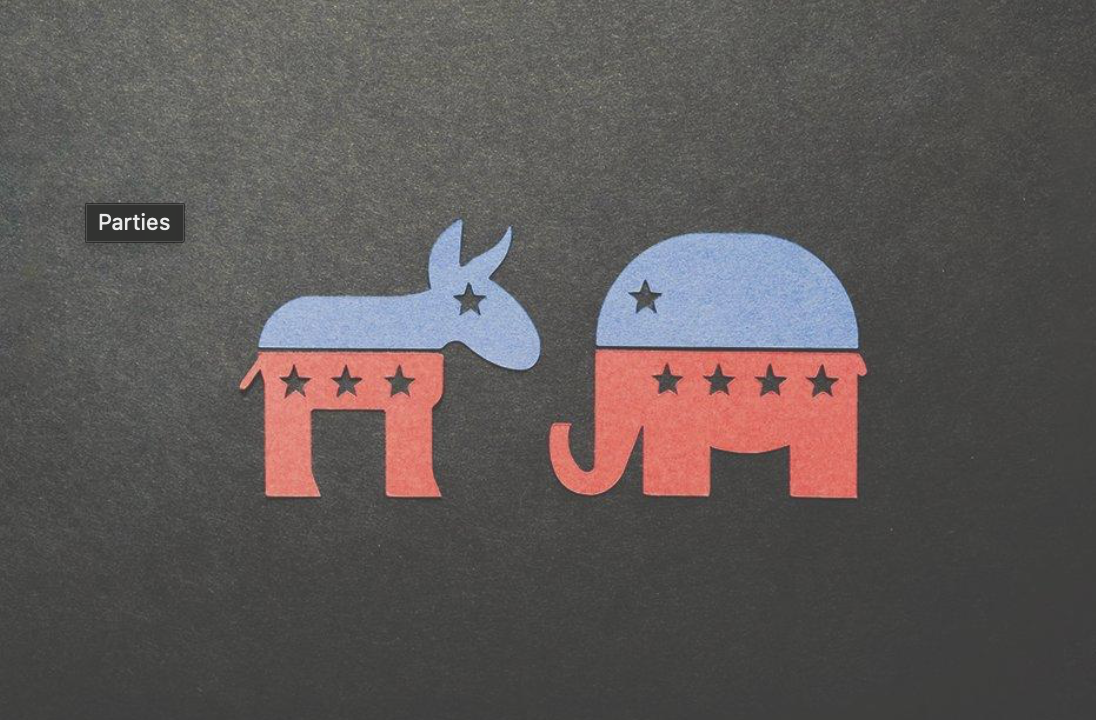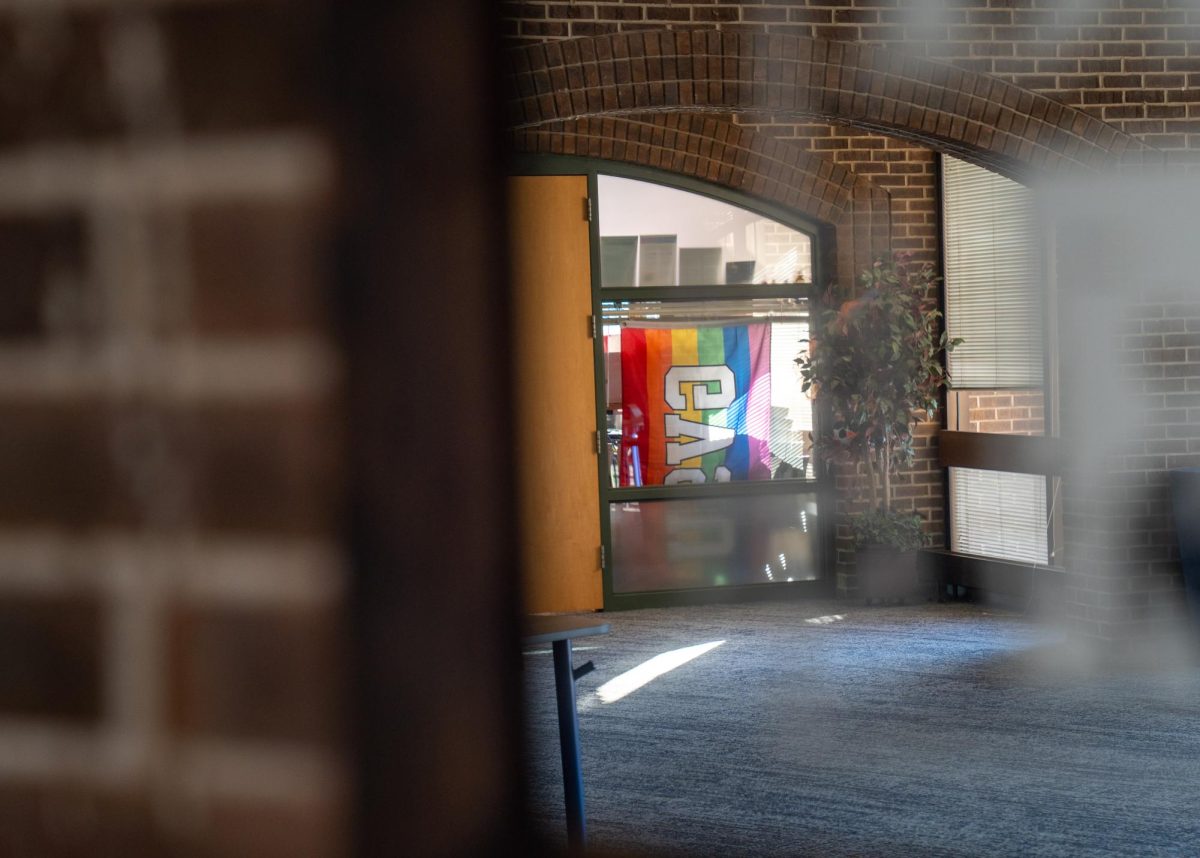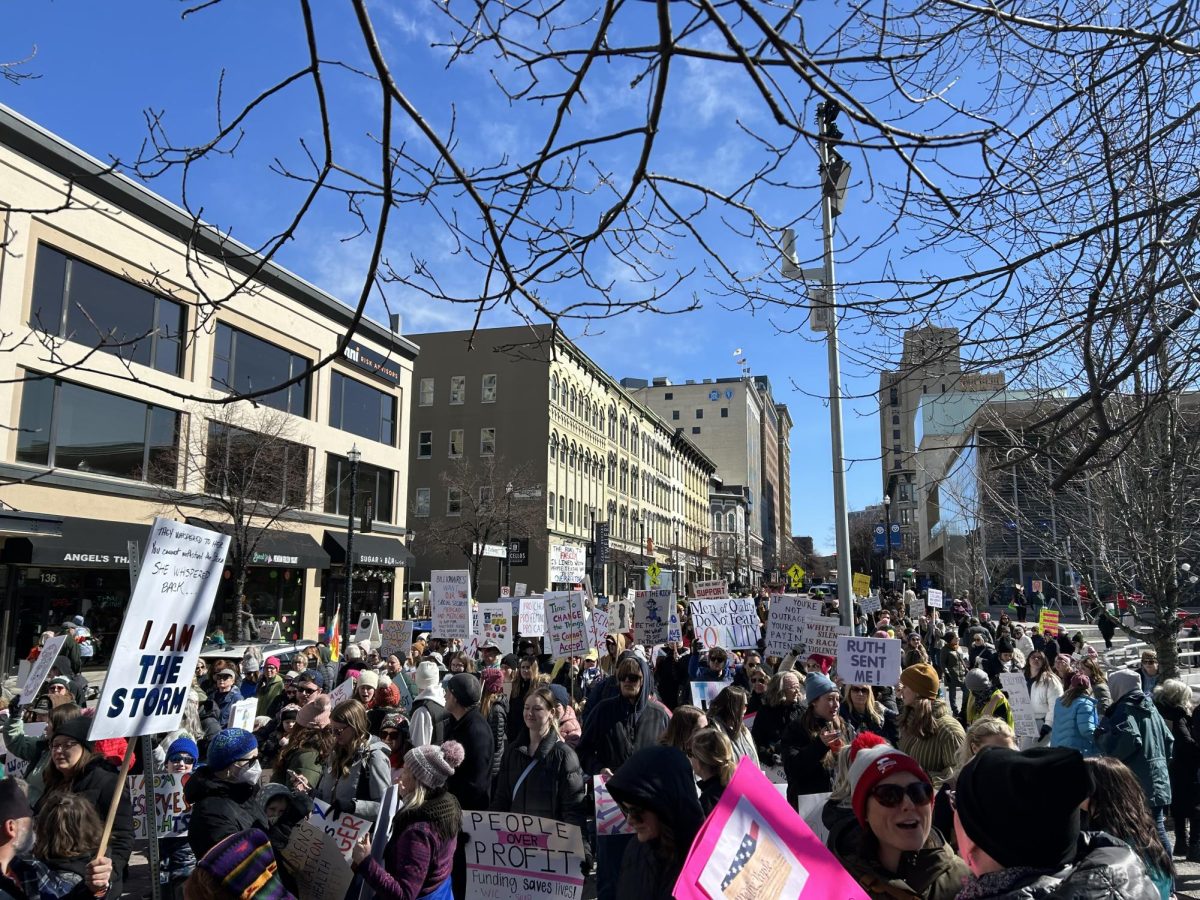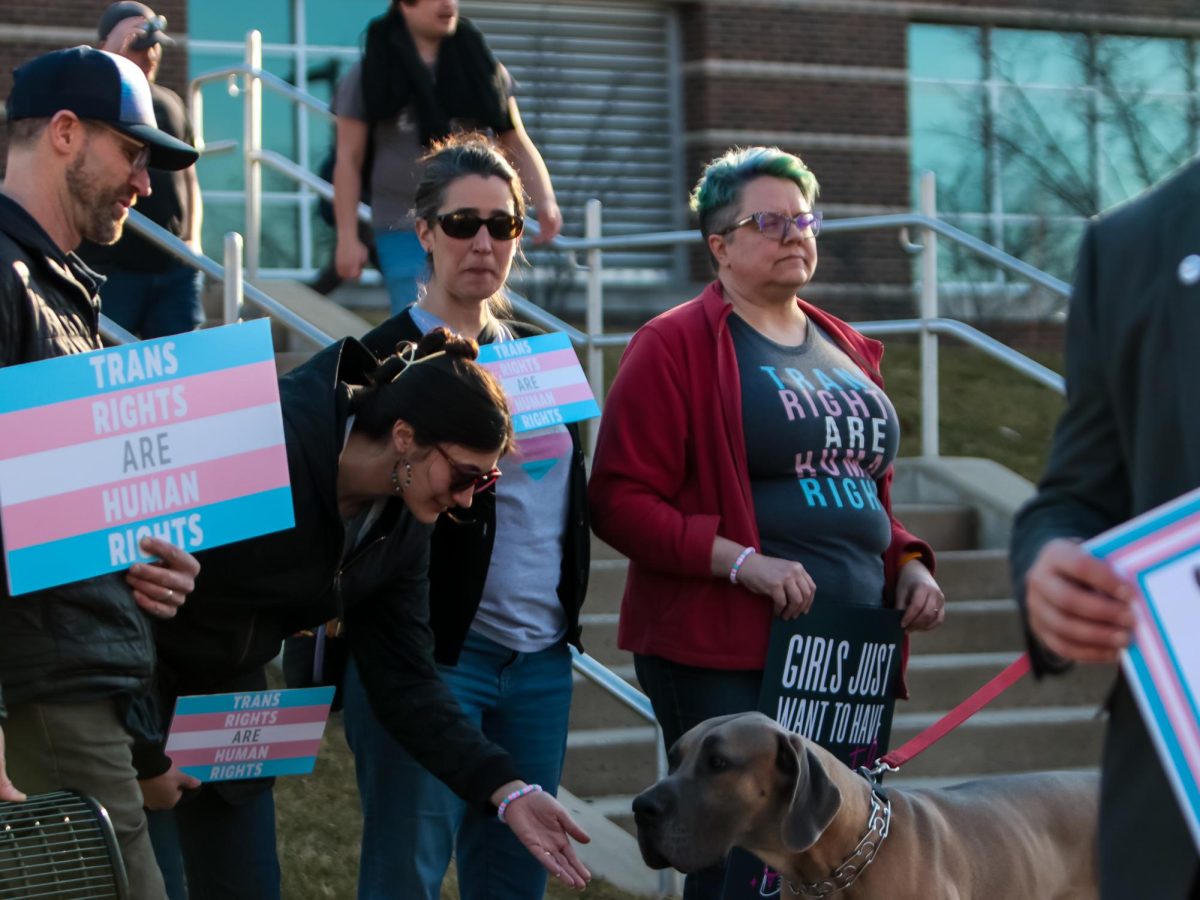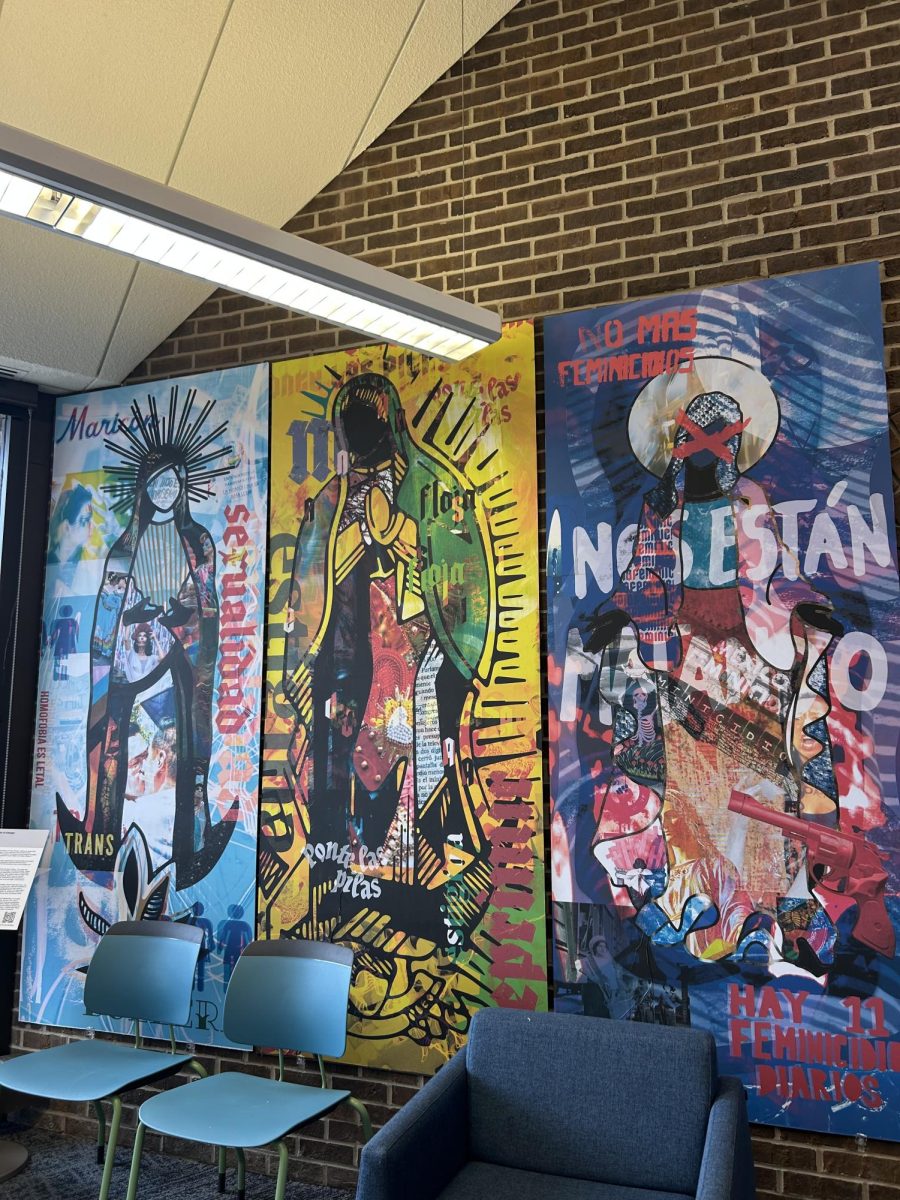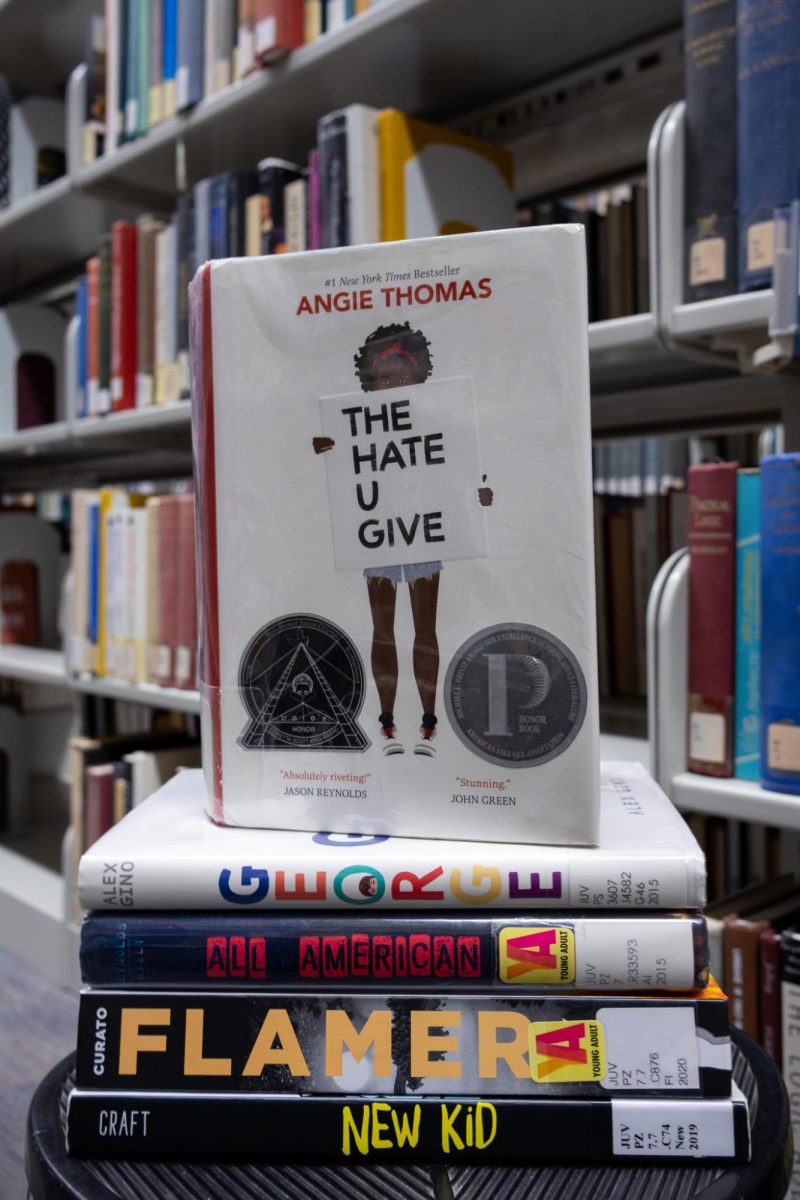On June 30 the U.S. Supreme Court ruled in favor of a website designer seeking an enjoinment to deny services to same-sex couples.
303 Creative LLC v. Elenis is a Supreme Court case in which a 6-3 decision ruled in favor of website designer Lorie Smith, confirming she had the first amendment right to refuse to create wedding websites for same-sex couples. Smith brought the case to the court’s attention to confirm she had the right, should she choose it, to refuse service to same-sex or LGBT couples and retain protection under the law in spite of Colorado’s state legislation. The case, built on a hypothetical situation, was raised all the way to the Supreme Court.
Smith filed a pre-enforcement challenge to the federal court in the state of Colorado back in 2016, claiming the state’s anti-discrimination law violated her freedom of speech under the First Amendment of the Constitution. The Colorado Anti-Discrimination Act prohibits public accommodations from refusing to provide full and equal enjoyment of services to individuals for many reasons. Smith argued that she should be allowed to deny same-sex couple’s services because providing such services to them are against her religious beliefs. She did not face any penalties for refusing any service of the sort at the time.
The outcome of the case stirred Grand Valley State University students and other community members to express concern for future discrimination cases.
“As a queer person myself, the outcome of Creative LLC vs. Elenis was disheartening to say the least,” GVSU Senior Hannah Kunkel said. “Allowing discriminatory practices (like refusing service based on sexual orientation) only further allows and normalizes discrimination against queer people.”
Kunkel said she is concerned by the outcomes of the case and what the decision means moving forward in regards to issues of LGBTQ discrimination.
“It’s scary to see actions like this be authorized by our government, because the precedent is then set for larger actions against marginalized communities in general,” Kunkel said. “A wedding website may seem like a silly thing to be upset over, but, again, the precedent starts with small things like this.”
Executive Director of the Grand Rapids Pride Center Jazz McKinney said they felt disappointed but not surprised by the Creative LLC vs. Elenis ruling.
“Unfortunately, it wasn’t surprising, but it was still disappointing that the Supreme Court decided to take the route of discrimination by essentially saying that one can discriminate from compelled speech,” McKinney said.
Supreme Court Justice Neil Gorsuch wrote the majority opinion for the case. He concluded the Colorado Anti-Discrimination Act would require Smith to make statements that she did not want to, therefore violating the Compelled Speech Doctrine if used to force Smith to create wedding websites for same-sex couples.
“We’re not talking about religious freedom, but compelled speech,” McKinney said. “The fact that (SCOTUS) said that this could happen based on compelled speech is an unwanted precedent, especially because the court case wasn’t even a real court case. She got (the case) all the way up to the Supreme Court in a hypothetical situation.”
McKinney said the situation leads to conversations around how an American consumer interacts and make decisions with small businesses.
“While yes, it does set a dangerous precedent. If that’s what she wants to do, that’s on her. I can also, in turn, not give her my money, and tell others not to give her their money either,” McKinney said.
The case is only a part of larger issues and themes that play a role in the LGBTQ community. McKinney said there are much larger issues at hand than 303 Creative LLC vs. Elenis and that website designer refusing service to LGBTQ people “is not important in the grand scheme of things.” They want people to focus on the importance of safety and stability for LGBTQ community members.
“There’s so much stuff going on in our world and in the LGBTQ world that needs attention and that needs our focus, money, time and energy,” McKinney said. “I have so many people calling the Pride Center and they’re asking for housing because they’re homeless, but the media wants me to think that a website is the most important thing.”
GVSU aims to support on campus support for the LGBTQ community through the Milton E. Ford LGBT Resource Center. The center has a plethora of student services, events, programs and more to assist students. The center aims to create an informed, cohesive and just campus where community members of diverse sexual orientations, gender identities, and gender presentations are supported and welcome.








